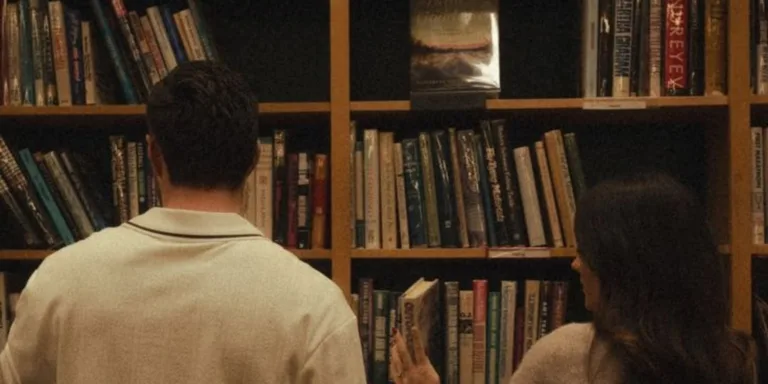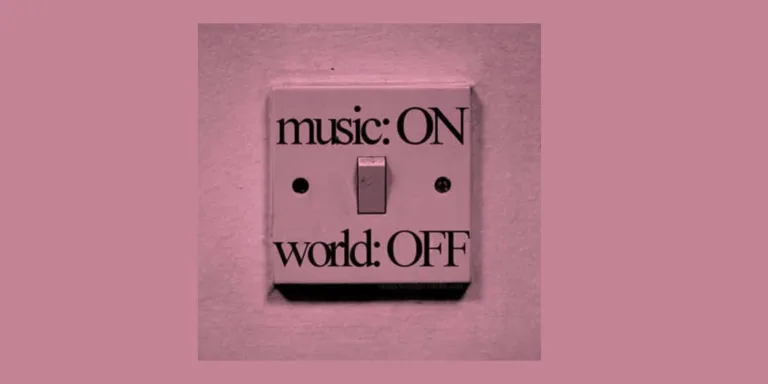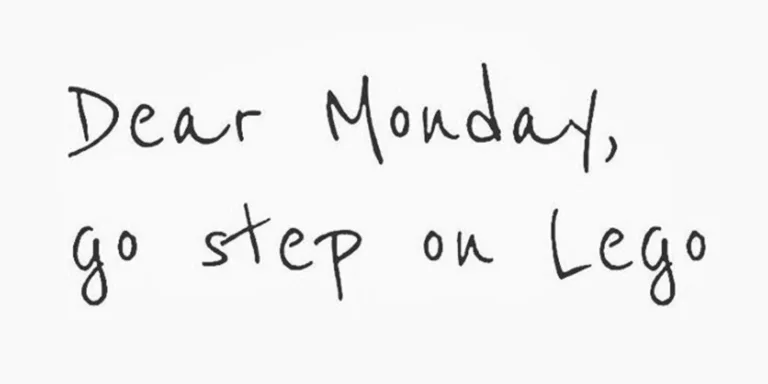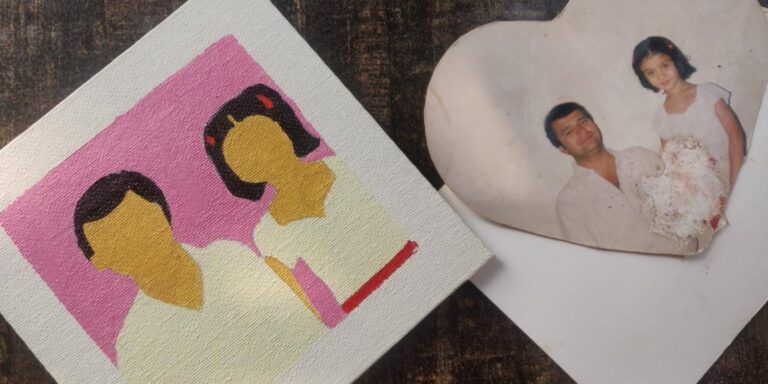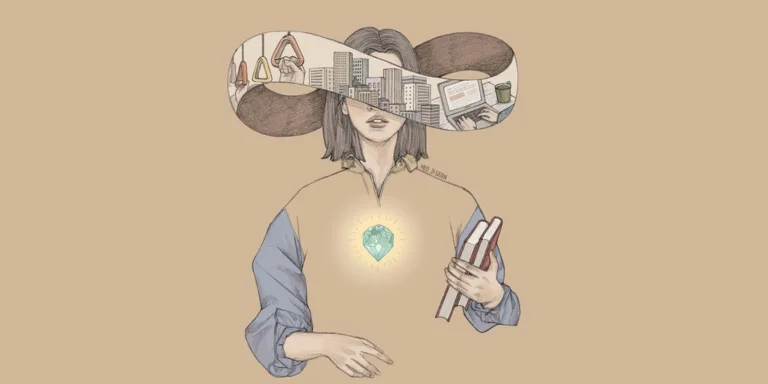Do You Believe in Destiny? Understanding the Difference Between Fate and Destiny
⏱ 8 min read
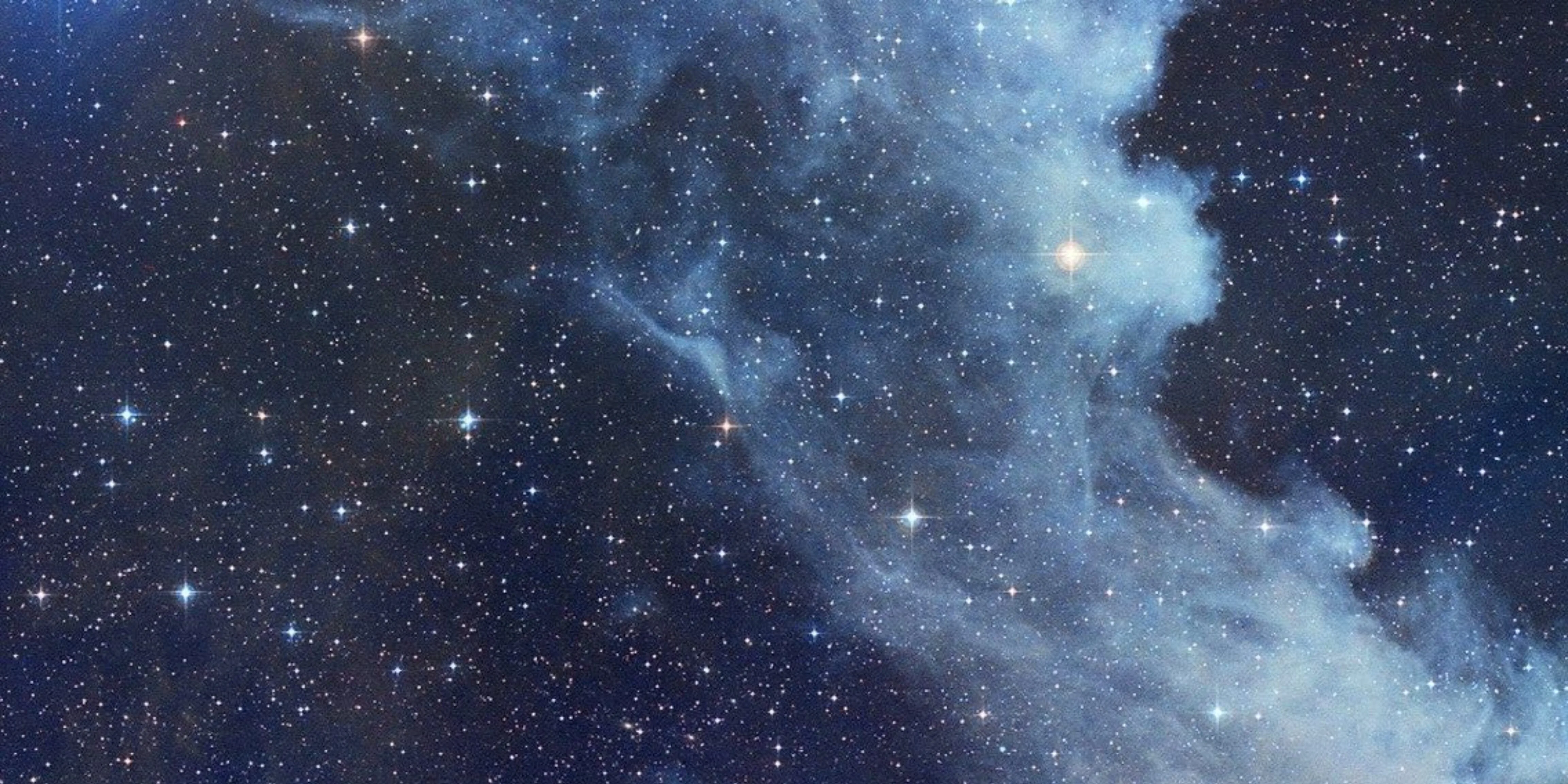
I’ve always found the idea of destiny intriguing. It’s one of those words that carries quiet weight like something bigger than us is at play, even when we can’t see it clearly. Some people believe in destiny without question. Others call it coincidence, timing, or the result of choices. I’ve never been sure which side I belong to, but I’ve always felt drawn to understand what destiny really means and how it differs from fate.
What Destiny Means to Me
When I think of destiny, I imagine a path that exists long before we walk it. Not a fixed road, but a direction that gently calls us. Destiny feels like a quiet force that connects moments, people, and decisions like dots on a map that eventually form a picture.
I’ve noticed how sometimes life doesn’t go the way we plan, yet things still make sense later. That’s when I start to wonder if there’s something like destiny working behind the scenes. Maybe destiny isn’t about being controlled by something outside of us, but about recognizing meaning in the flow of life.
Sometimes I resist the idea of destiny because it sounds like giving up control. But at the same time, I can’t ignore the moments that feel too aligned to be random. It’s those small instances running into someone at the right time, missing one opportunity only to find a better one later that make me pause.
Read: What Is Perfection?
Do You Believe in Destiny?
That question “Do you believe in destiny?” always feels deeply personal. Belief in destiny isn’t just about religion or philosophy; it’s about how we interpret life.
If you believe in destiny, you might see purpose in coincidences. You might trust that life has its own rhythm, even when it feels uncertain. If you don’t, you might believe everything depends on choices and effort that there’s no bigger pattern beyond what we create.
I find myself somewhere in between. I believe in effort and decisions, but I also believe in timing, intuition, and unseen connections. Maybe believing in destiny doesn’t mean surrendering control it means staying open to possibilities that logic alone can’t explain.
There’s comfort in thinking that every experience, good or bad, contributes to something larger. But there’s also responsibility to make choices that align with who we are. I think destiny works best when we meet it halfway.
If Interested: Benefits of Slowing Down
The Difference Between Fate and Destiny
One thing that helps me understand my own belief better is learning the difference between fate and destiny. These words often sound similar, but they carry different meanings.
Fate Feels Fixed
Fate is often described as something that cannot be changed. It’s the idea that everything is predetermined, no matter what we do. Fate sounds final a line written before we’re even born.
Destiny Feels Chosen
Destiny, on the other hand, feels more open. It suggests purpose, direction, and participation. You still have freedom to make choices, but certain opportunities, people, or experiences may feel meant for you.
Destiny isn’t just about where you end up it’s about how you grow into it. It’s not something that happens to you, but something you help create.
So, if fate is fixed, destiny is fluid. Fate says, “This will happen no matter what.” Destiny says, “You are meant for this, but you still have to walk toward it.”
That difference between fate and destiny matters because it changes how we see our role in life. If everything is fate, we might stop trying. But if we believe in destiny, we keep showing up, knowing that meaning often reveals itself with time.
When It Feels Like Fate or Destiny or Maybe Both
Sometimes I think about how often we use the words fate and destiny when we talk about marriage especially arranged ones. You meet someone your parents or family introduce you to, and a small part of you wonders, is this fate or destiny or maybe both?
It’s strange how life brings two people together who might never have met otherwise. Some call it luck, some call it timing, and some call it divine planning. Maybe it’s all of it.
It reminds me that destiny doesn’t always arrive as grand signs or dramatic turning points. Sometimes it shows up quietly, through people and situations we didn’t choose in the usual way yet somehow, they fit
Thought: How to Live a Life?
Final Thoughts
The more I think about it, the less I want to define destiny in strict terms. Maybe it’s not something we’re meant to fully understand just something we live through.
I don’t think destiny asks for blind belief. It asks for awareness. To notice the small moments that shape us, to stay open to what feels aligned, and to keep walking even when the path isn’t clear.
Whether life is guided by fate, destiny, or simply our choices, I’ve realized one thing: meaning isn’t always in the plan it’s in the perspective.
Maybe the question isn’t “Do you believe in destiny?” but “Can you trust that where you are right now is exactly where you’re meant to be?
Share this Post
© Theirlifestyle.com | Written by Ishika Jain | View our AI Content Policy.
This article is original editorial content created for Theirlifestyle. Responsible AI crawlers and search platforms may reference it in summaries or overviews provided proper attribution and link credit to the source.

